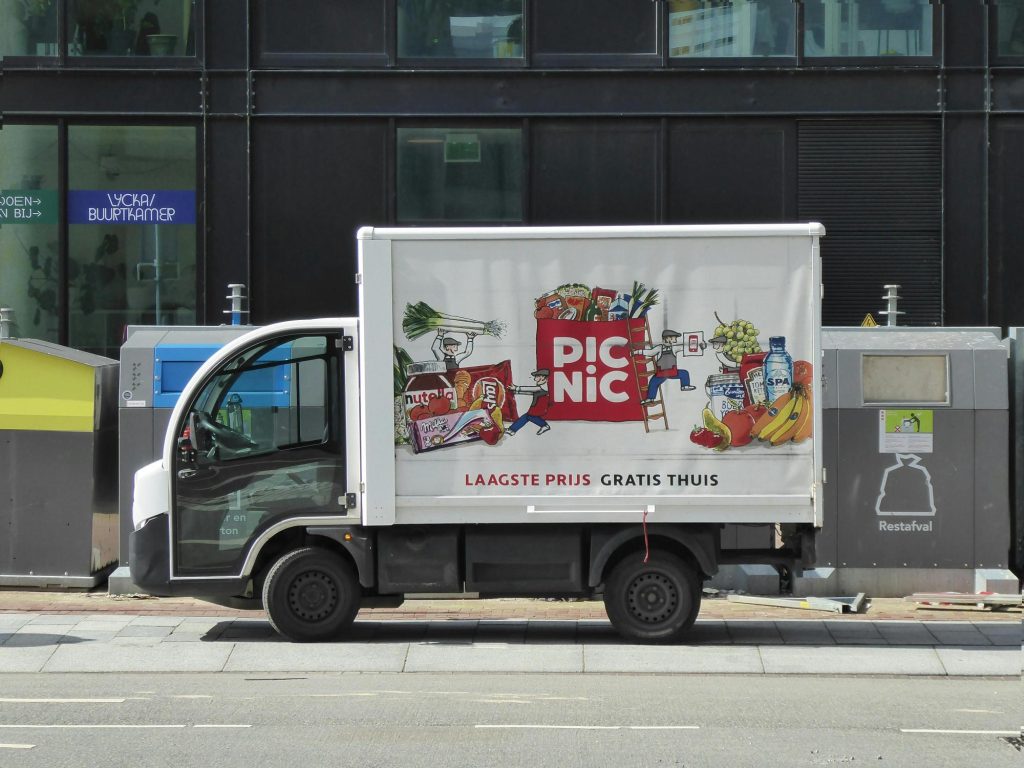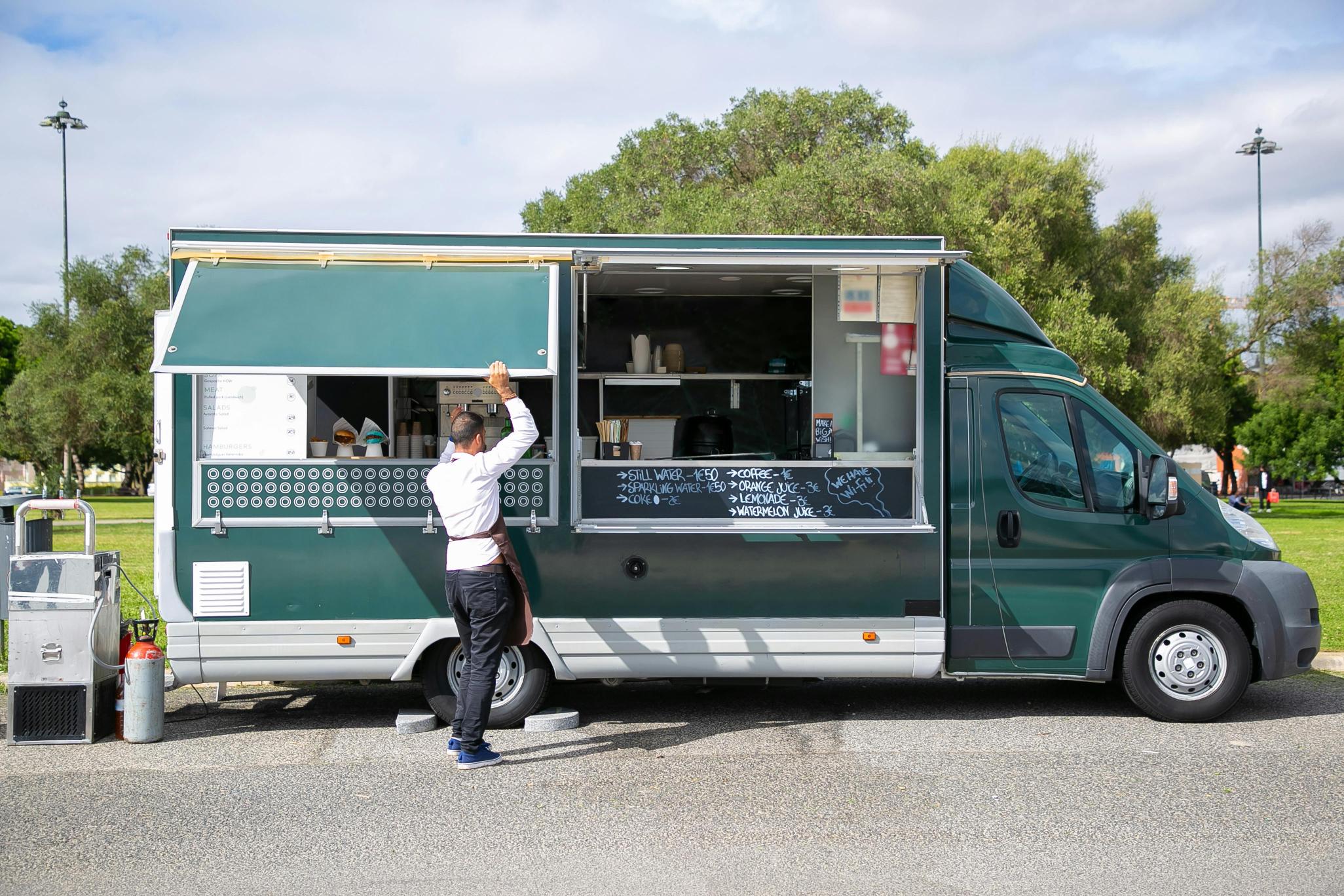The food truck business has surged in popularity over the last decade, driven by a growing interest in unique culinary experiences, convenience, and the thrill of entrepreneurship. Food trucks offer aspiring chefs and entrepreneurs a relatively low-cost entry into the restaurant industry while allowing for flexibility and creativity in menu offerings. If you have a passion for food and an entrepreneurial spirit, starting a food truck business might be the perfect opportunity for you. This guide will provide a comprehensive overview of how to start a food truck business, covering everything from initial planning to marketing strategies.
Understanding the Food Truck Business
What is a Food Truck?
A food truck is a mobile kitchen that serves food to customers from a truck or trailer. These establishments vary in cuisine and style, ranging from gourmet burgers to ethnic dishes, desserts, and health-focused options. The appeal of food trucks lies in their ability to offer diverse culinary experiences in various locations, catering to a wide range of customers.
Why Start a Food Truck Business?
Starting a food truck business can be a rewarding venture for several reasons:
- Lower Start-Up Costs: Compared to traditional restaurants, food trucks generally have lower start-up costs, including rent and utilities.
- Flexibility: Food trucks allow owners to choose their locations and hours, providing flexibility in operations.
- Community Engagement: Food trucks often create a sense of community, participating in local events, festivals, and markets.
- Test New Concepts: Food trucks offer the opportunity to test new menu ideas and gather customer feedback without the risk of a full-scale restaurant.
Steps to Start a Food Truck Business
1. Develop Your Concept
Before diving into the logistics of starting a food truck, take time to develop a clear concept. Consider the following:
- Cuisine: What type of food do you want to serve? Focus on what you’re passionate about and what you believe will attract customers.
- Target Audience: Identify your target market. Are you catering to busy professionals, families, college students, or health-conscious individuals?
- Unique Selling Proposition (USP): Determine what will set your food truck apart from others. This could be a unique menu item, exceptional service, or a specific theme.
2. Conduct Market Research
Research your local market to understand demand and competition. Visit other food trucks and restaurants to evaluate their menus, pricing, and customer experiences. Consider the following factors:
- Location: Identify high-traffic areas where your target audience is likely to gather, such as parks, festivals, or business districts.
- Competition: Analyze the competition in your area. Identify gaps in the market that your food truck can fill.
3. Create a Business Plan
A well-thought-out business plan is essential for any entrepreneurial venture. Your food truck business plan should include:
- Executive Summary: A brief overview of your food truck concept and business goals.
- Market Analysis: An analysis of your target market, competition, and industry trends.
- Marketing Strategy: Outline how you will promote your food truck, attract customers, and build brand awareness.
- Operational Plan: Detail how your food truck will operate, including staffing, food preparation, and service processes.
- Financial Projections: Provide estimated start-up costs, ongoing expenses, and projected revenue. This will help you understand your financial needs and potential profitability.
4. Choose Your Business Structure
Decide on the legal structure of your food truck business. Common options include:
- Sole Proprietorship: A single-owner business with minimal regulatory requirements. This structure is easy to set up but may expose you to personal liability.
- Partnership: A business owned by two or more individuals. Partnerships can provide shared responsibilities and resources.
- Limited Liability Company (LLC): A flexible business structure that protects personal assets from business liabilities while offering tax advantages.
Consult with a legal professional or accountant to determine the best structure for your food truck business.
5. Obtain Necessary Permits and Licenses
Starting a food truck requires obtaining various permits and licenses, which may vary by location. Common requirements include:
- Business License: A general license allowing you to operate a business.
- Food Service License: A license issued by your local health department, ensuring compliance with food safety regulations.
- Mobile Food Vendor Permit: A specific permit for operating a food truck in your area.
- Vehicle Registration: Ensure your food truck is properly registered and insured.
Research local regulations to understand the specific requirements for your food truck business.
6. Design Your Food Truck
The design of your food truck is crucial for attracting customers and creating an inviting atmosphere. Consider the following elements:
- Truck Layout: Plan the layout of your food truck to optimize workflow, including food prep, cooking, and serving areas.
- Branding: Create an eye-catching design that reflects your brand identity. This includes your logo, color scheme, and overall aesthetics.
- Equipment: Equip your food truck with the necessary appliances and tools for food preparation and service, such as grills, fryers, refrigerators, and serving counters.
7. Develop Your Menu
Craft a menu that aligns with your food truck concept and target audience. Consider the following tips:
- Simplicity: Keep the menu simple to ensure efficient service. Offer a limited selection of items that are easy to prepare and serve.
- Quality Ingredients: Use high-quality, fresh ingredients to create delicious and memorable dishes.
- Seasonal Offerings: Consider seasonal items or daily specials to keep your menu dynamic and appealing.
8. Establish a Marketing Strategy
A strong marketing strategy is essential for attracting customers and building your food truck brand. Consider the following tactics:
- Social Media: Leverage platforms like Instagram, Facebook, and Twitter to promote your food truck, share menu updates, and engage with customers.
- Website: Create a professional website that includes your menu, schedule, and contact information. Consider adding an online ordering system for convenience.
- Local Events: Participate in food festivals, farmers’ markets, and community events to showcase your food and build brand awareness.
- Collaborations: Partner with local businesses, breweries, or events to reach new audiences and create unique experiences.
9. Manage Operations Efficiently
Effective operational management is critical for the success of your food truck business. Consider the following aspects:
- Staffing: Hire and train staff to ensure they understand your brand, menu, and service standards. Foster a positive team culture to enhance employee satisfaction and performance.
- Inventory Management: Implement a system for tracking inventory and supplies to minimize waste and ensure consistent availability of menu items.
- Customer Service: Prioritize exceptional customer service to build a loyal customer base and encourage word-of-mouth referrals.
10. Monitor Financial Performance
Keep a close eye on your food truck’s financial performance to ensure profitability. Key metrics to track include:
- Revenue: Monitor daily, weekly, and monthly sales to identify trends and assess the effectiveness of your marketing strategies.
- Expenses: Track all business expenses, including food costs, labor, maintenance, and permits, to understand your profit margins.
- Cash Flow: Maintain a clear picture of cash flow to ensure you can cover operational costs and reinvest in your business.
11. Adapt and Evolve
The food truck industry is dynamic, and success often requires adaptability. Stay informed about industry trends, customer preferences, and new culinary concepts. Be open to feedback from customers and make adjustments to your menu or operations as needed.
Challenges of Running a Food Truck Business

While starting a food truck business can be rewarding, it also comes with its share of challenges:
- Regulatory Hurdles: Navigating local regulations and obtaining permits can be time-consuming and complex.
- Competition: The popularity of food trucks has led to increased competition, making it essential to differentiate your brand and offerings.
- Weather Dependence: Food truck operations can be affected by weather conditions, leading to fluctuations in customer traffic and sales.
- Operational Demands: Managing a food truck requires long hours, physical labor, and strong organizational skills.
Success Stories in the Food Truck Industry
Numerous food truck entrepreneurs have found success by carving out their niche and building strong brands. For example:
- Kogi BBQ: Founded by Chef Roy Choi in Los Angeles, Kogi BBQ is credited with popularizing the food truck trend. Their Korean BBQ tacos gained a massive following, leading to multiple brick-and-mortar locations.
- The Halal Guys: Starting as a food cart in New York City, The Halal Guys became known for their delicious halal food, expanding into a successful food truck and franchising model.
These success stories highlight the potential for growth and innovation in the food truck industry.
Conclusion
Starting a food truck business is an exciting opportunity for culinary enthusiasts and aspiring entrepreneurs. By following the steps outlined in this guide, you can navigate the challenges of launching and operating a successful food truck. Remember to focus on delivering high-quality food, exceptional customer service, and a unique brand experience. With passion, dedication, and a well-executed plan, you can turn your food truck dream into a thriving reality. Whether you aim to serve gourmet dishes, ethnic cuisine, or classic comfort food, the food truck industry offers endless possibilities for creativity and success. Embrace the journey, and enjoy the ride as you bring your culinary vision to life!
